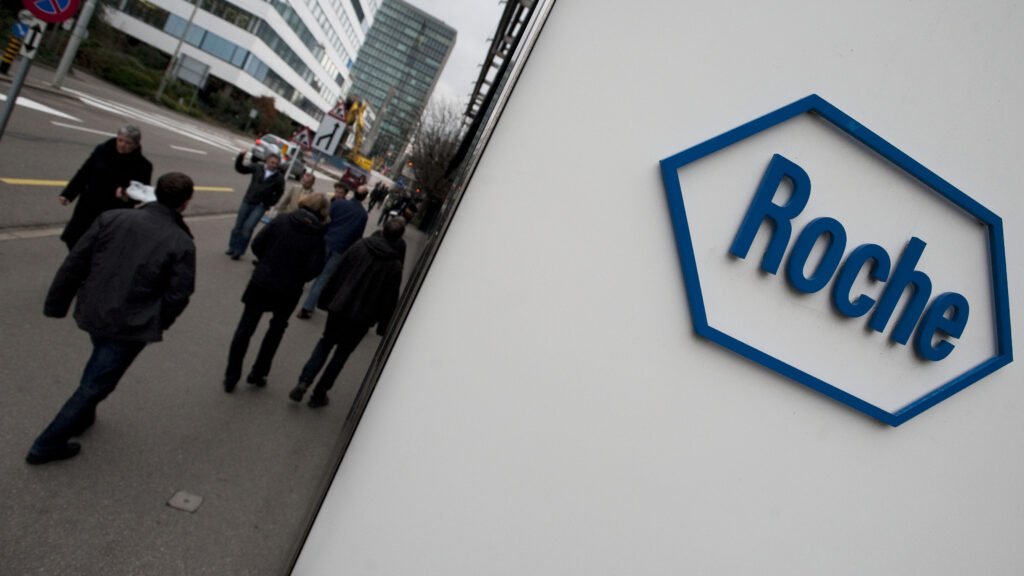India’s Supreme Court Upholds Decision to Allow Generic Drug Maker to Sell Lower-Cost Version of Expensive Rare Disease Medication
In a landmark case that pitted profits against patients, India’s Supreme Court recently dismissed a petition filed by Roche, a pharmaceutical company, seeking to prevent a generic drug maker, Natco Pharma, from selling a more affordable version of a pricey rare disease medication called Evrysdi. The court’s decision came after a lower court ruling that deemed it in the public interest to allow Natco Pharma to market their version of the drug for approximately $179 per bottle. This is in stark contrast to Roche’s price of $6,982 for the same medication, which is used to treat spinal muscular atrophy, a genetic disorder that weakens and wastes away specific muscles in the body. If left untreated, the most severe form of the disease can result in death by the age of 2.
Currently, there are over 5,000 individuals in India living with spinal muscular atrophy, and approximately 3,200 children are born with the condition each year. Despite the prevalence of the disease, only a fraction of patients have been able to access the expensive medication, with fewer than 170 individuals receiving treatment a year ago, according to advocacy groups. The annual cost of the drug for an adult patient is a staggering $81,000. While Roche does offer a patient assistance program, access to the drug is limited to what the Delhi High Court described as a “minuscule” number of people.
The Supreme Court’s decision to allow Natco Pharma to sell a more affordable version of Evrysdi is a significant win for patients in India who have been struggling to afford the high cost of treatment for spinal muscular atrophy. By making the medication more accessible and affordable, more individuals living with the disease will have the opportunity to receive the life-saving treatment they need.
This ruling also highlights the ongoing debate surrounding access to essential medications and the balance between pharmaceutical profits and patient welfare. The case serves as a reminder of the importance of ensuring that life-saving medications are accessible to all individuals who need them, regardless of their financial circumstances.


